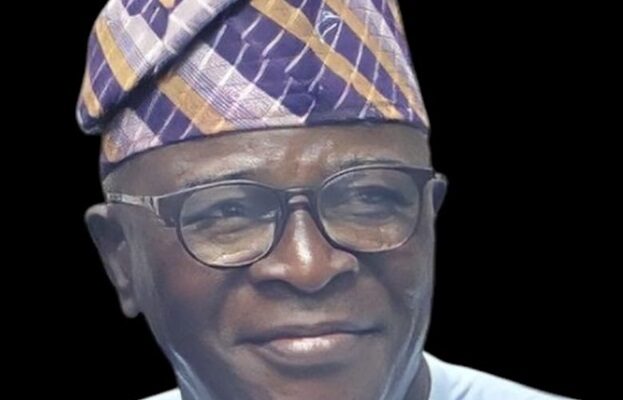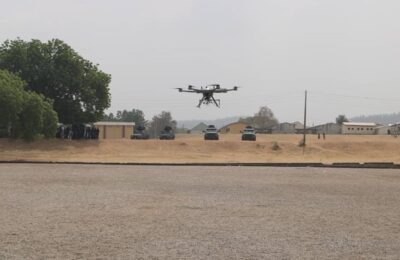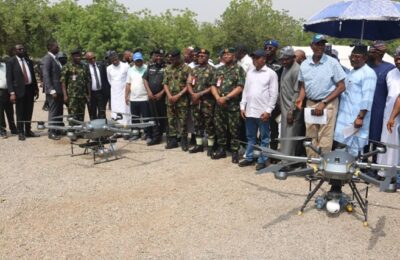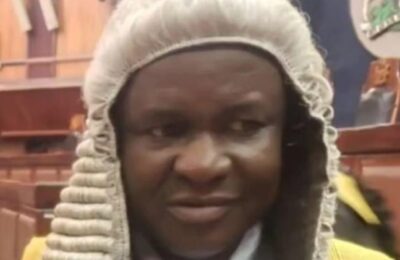By Musa Bakare
In today’s political landscape, characterized by relentless propaganda and targeted misinformation, silence from government officials is no longer merely a choice; it has become a significant liability. Within President Bola Ahmed Tinubu’s administration, however, the profound silence of key stakeholders, particularly those tasked with passionately defending government policies, remains both perplexing and perilous.
In the face of an escalating wave of orchestrated opposition coalitionists aiming to discredit the ambitious reforms undertaken by this administration, many of those who should be vocally championing these initiatives appear alarmingly mute. The question arises: why?
Where is the presence of the ministers who were not only appointed to formulate policies but also to effectively communicate the government’s vision to the Nigerian populace? President Tinubu’s administration has initiated transformative reforms targeting economic stabilization, infrastructure development, and digital innovation, bold steps necessitating equally audacious defenders. Regrettably, a coordinated communication effort has been strikingly absent.
The echoes of silence from government representatives amidst a barrage of propaganda and misinformation pose a serious threat to the credibility and forward momentum of the administration.
Why is it so simple for those opposed to this government to weaponize propaganda with so little effective rebuke?
Why have key individuals in power retreated from the forefront of national discourse and engagement?
Why does the duty of defending the administration lie primarily with a select few Presidential aides such as Bayo Onanuga, and Daniel Bwala, Nyesom Wike, the Honourable Minister of FCT, Festus Keyamu of Aviation along with everyday Nigerians like Mike Okri engaging through social media and civil society, while those who are officially tasked with public communication remain passive?
The institutions and individuals constitutionally charged with shaping public understanding, countering disinformation, and rallying national support have been conspicuously silent. This absence is not just a missed opportunity; it represents a dereliction of duty.
Governance extends beyond the mere creation of policies; it encompasses public engagement, narrative management, and the continuous reinforcement of public confidence in government programs. In a time when perception often outweighs reality, silence should not be mistaken for neutrality; it can be construed as complicity.
The urgent need for a robust, vocal, and visible defense team within this administration has never been clearer. Government officials must transcend mere ceremonial appearances and actively engage with the Nigerian populace through media interactions, town hall meetings, digital platforms, and every available communication channel. They must embody the ideals of the Renewed Hope Agenda, acting as torchbearers for Presents Tinubu’s vision.
The Nigerian people deserve a leadership cadre that speaks out rather than retreat into silence. They require clarity, not ambiguity; reassurance, not deafening quietude.
Let every prominent figure in this government remember that, to withdraw from the battle of narratives is to leave both our president and our country vulnerable.
– Musa Asiru Bakare is a foundational member of the All Progressives Congress (APC), a member of the Tinubu Support Group (TSG), and a political analyst. He writes from Lokoja, Kogi State.




